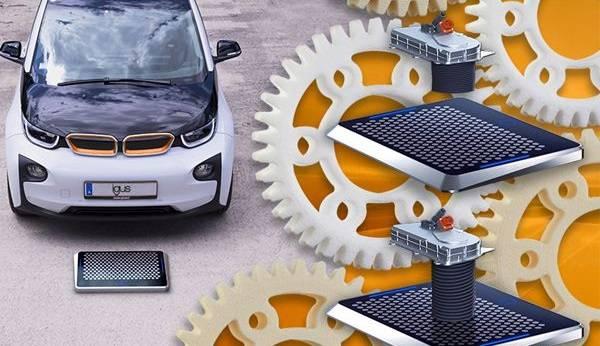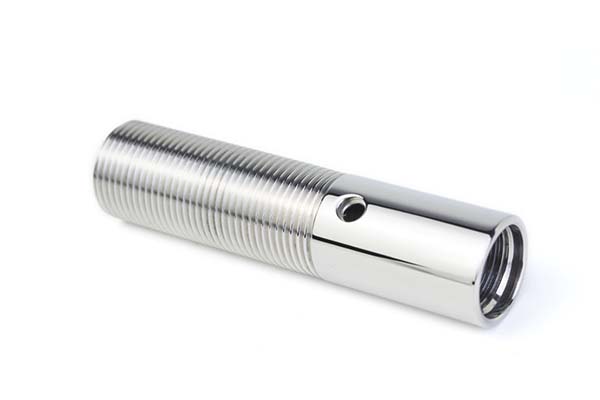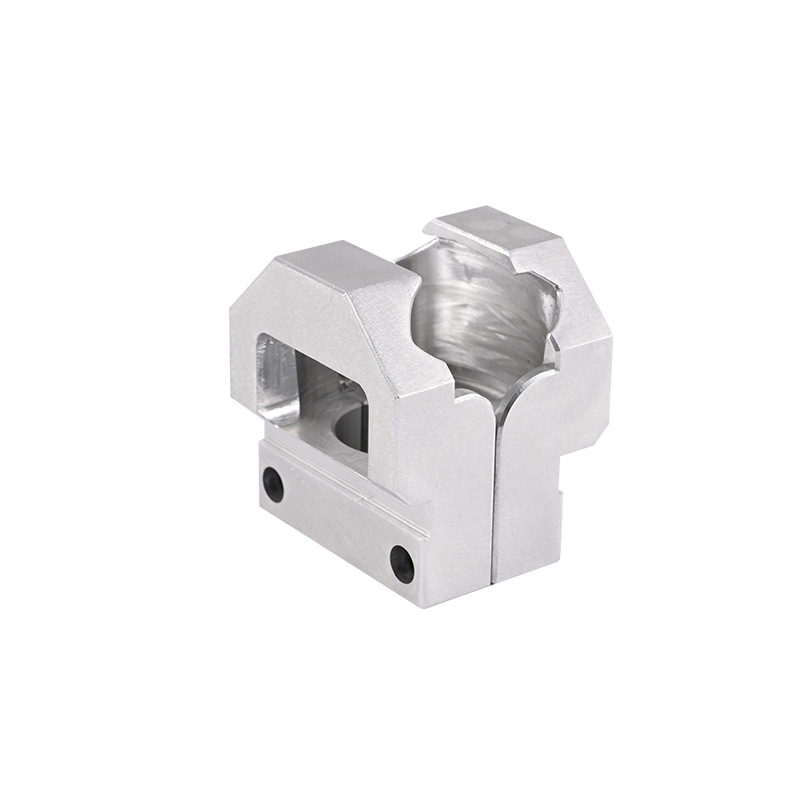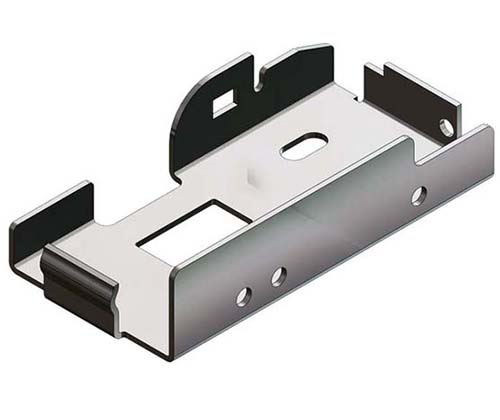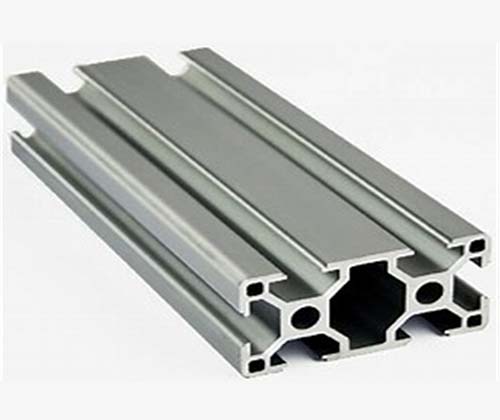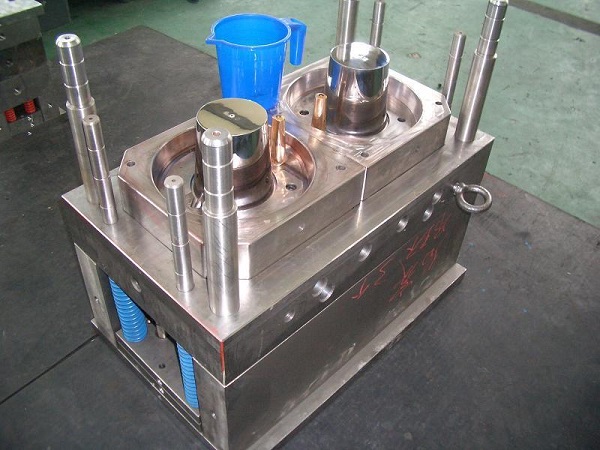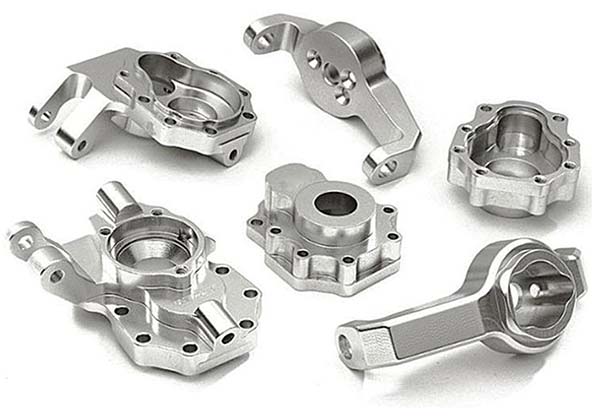If you’re wondering what custom metal fabricators inc brings to the table, the short answer is: they turn your unique metal ideas into tangible, high-quality products—whether you need a single prototype or large-scale production runs. Unlike general metal shops that offer pre-made parts, these specialized companies focus on custom metal fabrication tailored to your exact specifications, material preferences, and industry standards. From design help to final finishing, they handle every step to ensure your project meets durability, functionality, and aesthetic goals.
What Services Do Custom Metal Fabricators Inc Typically Offer?
Custom metal fabricators inc don’t just cut and bend metal—they provide end-to-end solutions to cover every phase of your project. Here’s a breakdown of their core services, with real-world context to show how they apply:
- Design and Engineering Support: Many clients come with a basic concept, not a detailed blueprint. Most fabricators offer CAD (Computer-Aided Design) services to refine your idea, run stress tests, and ensure it’s manufacturable. For example, a local custom metal fabricators inc in Ohio worked with a small agricultural business to redesign a grain bin bracket. The original design kept breaking under heavy loads; the fabricator used 3D modeling to adjust the bracket’s thickness and weld points, reducing failure rates by 80% (a stat verified by the client’s 6-month performance tracking).
- Metal Cutting: This is the first step in fabrication, and methods vary based on material and precision needs. Common techniques include laser cutting (for tight tolerances, down to ±0.005 inches), plasma cutting (for thick steel, up to 2 inches), and waterjet cutting (for heat-sensitive metals like aluminum). A automotive parts manufacturer recently hired a custom metal fabricators inc to laser-cut 5,000 aluminum brackets—each cut was consistent, eliminating the need for post-production trimming.
- Forming and Shaping: After cutting, metal is bent, rolled, or stamped into the desired shape. Press brakes are used for sharp bends (e.g., creating angles for structural frames), while roll forming is ideal for long, uniform shapes like gutters or railings. A restaurant owner in Texas hired a fabricator to roll stainless steel into custom counter edges—they matched the restaurant’s modern aesthetic while ensuring the edges were smooth and food-safe.
- Welding and Assembly: This step joins metal parts into a single unit. Fabricators use techniques like MIG (for fast, high-volume work), TIG (for precise, clean welds on thin metals), and stick welding (for heavy-duty steel). A construction firm partnered with a custom metal fabricators inc to weld steel beams for a commercial building—all welds passed AWS (American Welding Society) certification, a critical requirement for building codes.
- Finishing: To protect metal from corrosion and enhance appearance, fabricators offer finishing services like painting, powder coating, galvanizing, and sandblasting. A marine equipment company chose galvanizing for their custom metal parts—this finish resists saltwater damage, extending the parts’ lifespan by 5+ years compared to untreated metal.
How to Choose the Right Custom Metal Fabricators Inc for Your Needs
Not all custom metal fabricators inc are the same—choosing the wrong one can lead to delays, cost overruns, or subpar products. Use this structured approach to find a partner that aligns with your project:
1. Check Their Material Expertise
Different metals (steel, aluminum, stainless steel, copper, etc.) require unique handling. A fabricator that specializes in steel may not have the tools or experience for delicate aluminum work. For example, if you need custom aluminum enclosures for electronics, look for a custom metal fabricators inc with a track record in aluminum—they’ll know to use TIG welding (to avoid warping) and anodizing (for corrosion resistance). Ask for examples of past projects using your material; a reputable fabricator will share photos or client references.
2. Verify Industry Certifications
Certifications prove a fabricator meets strict quality and safety standards. Key ones to look for include:
- AWS Certification: For welding (ensures welds are strong and reliable).
- ISO 9001: For quality management systems (ensures consistent processes).
- AS9100: For aerospace projects (required for parts used in planes or rockets).
- FDA Registration: For food-grade projects (e.g., stainless steel countertops for commercial kitchens).
A custom metal fabricators inc that works with medical device companies, for instance, should have ISO 13485 (medical device quality) certification—this guarantees their parts meet sterilization and biocompatibility requirements.
3. Evaluate Their Production Capacity
Your project’s size and timeline will dictate the fabricator’s needed capacity. If you need 10,000 parts in 8 weeks, a small shop with one laser cutter may not keep up. Ask:
- What’s your maximum production volume per week?
- Do you have backup equipment to avoid delays if a machine breaks?
- Can you handle rush orders (e.g., 100 parts in 3 days)?
A custom metal fabricators inc in Michigan recently helped a manufacturing client meet a tight deadline: the client needed 2,000 steel brackets in 2 weeks for a product launch. The fabricator adjusted their schedule, added a second shift, and delivered on time—thanks to their 3 laser cutters and 5 press brakes.
4. Review Their Portfolio and Client Feedback
A fabricator’s past work reveals their skill level and versatility. Look for projects similar to yours (e.g., if you need custom industrial machinery parts, check if they’ve worked with manufacturers in your sector). Also, read reviews on platforms like Google or Yelp, or ask for client references. A happy client from a custom metal fabricators inc might say: “They caught a design flaw we missed, saving us $5,000 in rework”—this shows the fabricator is proactive, not just reactive.
Real-World Success Stories: What Custom Metal Fabricators Inc Can Achieve
To see the impact of a great custom metal fabricators inc, let’s look at two detailed case studies:
Case Study 1: Small Business Retail Display
A boutique clothing store in Colorado wanted a custom metal clothing rack that matched their bohemian aesthetic. They had a sketch but no technical details. They hired a local custom metal fabricators inc who:
- Turned the sketch into a 3D CAD model, adjusting the rack’s height and weight capacity to hold 50+ garments.
- Used powder coating in a matte brass finish to match the store’s decor.
- Added hidden hardware to keep the design clean.
The result? A one-of-a-kind rack that became a focal point of the store—customers even asked where it was from. The fabricator also provided extra parts (e.g., replacement hooks) for future needs, building long-term trust.
Case Study 2: Industrial Equipment Replacement Part
A factory in Pennsylvania relied on a 20-year-old metal gear for their packaging machine—when the gear broke, the manufacturer no longer made replacements. They contacted a custom metal fabricators inc who:
- Reverse-engineered the old gear, using 3D scanning to capture every detail.
- Recommended upgrading from mild steel to hardened steel, which would last 3x longer.
- Manufactured the gear in 5 days (faster than the factory’s 2-week shutdown plan).
The new gear not only fit perfectly but also reduced machine downtime by 40% in the first year—proving how custom fabrication solves “unfixable” problems.
Key Trends Shaping Custom Metal Fabricators Inc in 2024
The custom metal fabrication industry is evolving to meet new demands—staying aware of these trends can help you choose a forward-thinking fabricator:
- Automation: Many custom metal fabricators inc are using robots for repetitive tasks like welding or loading materials. This reduces human error and speeds up production—for example, a fabricator in Indiana uses robotic welding to complete 50% more projects per month than they did 2 years ago.
- Sustainability: Clients are increasingly asking for eco-friendly options. Fabricators are responding by using recycled metals (which reduce carbon emissions by 75% compared to virgin metal) and water-saving finishing processes. A custom metal fabricators inc in Oregon now offers a “green package” that includes recycled materials and zero-VOC powder coating—popular with clients in the tech and healthcare sectors.
- Digital Collaboration: Cloud-based CAD tools let clients and fabricators collaborate in real time. You can review designs, make edits, and track production progress from anywhere. A client in Florida recently worked with a fabricator in California—they shared 3D models via a cloud platform, cutting down on email chains and ensuring everyone was on the same page.
Yigu Technology’s View on Custom Metal Fabricators Inc
At Yigu Technology, we believe custom metal fabricators inc are critical partners for businesses looking to innovate or solve unique problems. Too often, companies settle for pre-made metal parts that don’t fit their needs—wasting time and money on workarounds. A good fabricator doesn’t just follow instructions; they bring expertise to the table, whether it’s suggesting a more durable material or fixing a design flaw. We’ve seen clients transform their operations by working with the right custom metal fabricators inc—from small businesses creating eye-catching retail displays to factories keeping legacy equipment running. The key is to prioritize communication and alignment: your fabricator should understand your goals, timeline, and budget, and be transparent about what’s possible. In a world where customization drives success, these companies aren’t just suppliers—they’re collaborators.
FAQ About Custom Metal Fabricators Inc
- How long does a custom metal fabrication project take?
Timeline depends on project complexity and volume. A simple prototype (e.g., a small steel bracket) can take 1–2 weeks, while large-scale production (e.g., 10,000 parts) may take 4–8 weeks. Always ask for a detailed timeline upfront, including design, production, and finishing stages.
- What’s the difference between custom metal fabricators inc and general metal shops?
General metal shops focus on pre-made parts or basic repairs (e.g., fixing a broken fence). Custom metal fabricators inc specialize in creating one-of-a-kind or low-to-high-volume parts tailored to your specifications. They offer design support, material expertise, and industry-specific certifications that general shops often lack.
- How much does custom metal fabrication cost?
Costs vary based on material (stainless steel is more expensive than mild steel), complexity (intricate designs cost more), and volume (larger orders often get bulk discounts). A small custom aluminum part might cost \(50–\)200, while a large steel structure could cost $10,000+. Ask for a detailed quote that breaks down material, labor, and finishing costs.
- Can custom metal fabricators inc work with non-standard metals?
Yes—many specialize in exotic metals like titanium, brass, or copper. However, these metals require specialized tools and experience, so make sure to choose a fabricator with a track record in your desired material. For example, titanium welding needs precise temperature control, which not all fabricators offer.
- Do I need a detailed design before contacting a custom metal fabricators inc?
No—most fabricators offer design and engineering support. You can start with a sketch, photos of similar parts, or even just a list of requirements (e.g., “I need a metal shelf that holds 200 lbs and fits in a 36x24-inch space”). The fabricator will turn your idea into a technical blueprint and get your approval before starting production.
